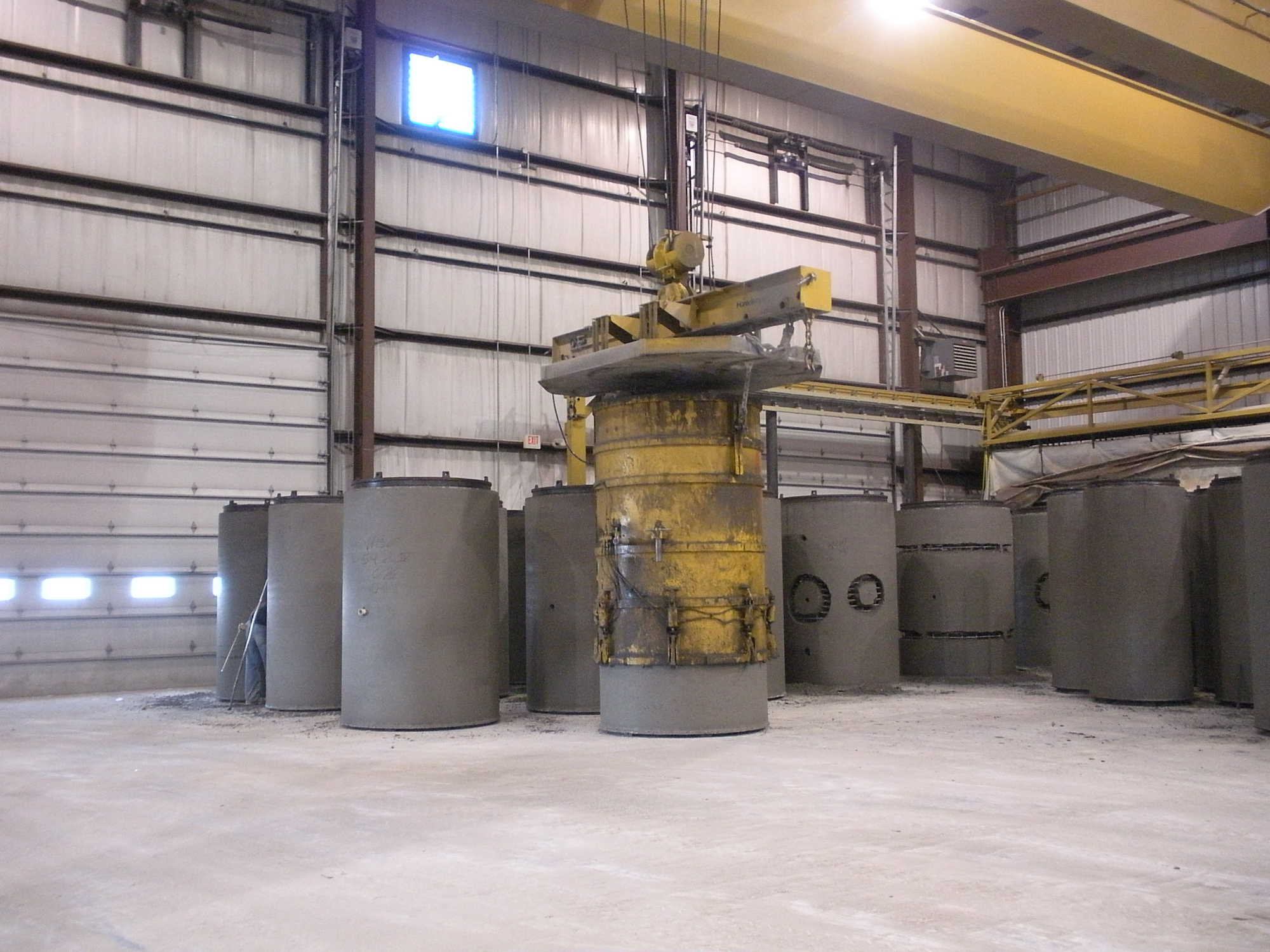"We were no longer able to truly see beyond the horizon of what we had built and to make the necessary leaps in innovation." – Stephan Paternot
Today I read a blog post by Stephan Paternot, the co-founder of theglobe.com, and in it, I saw a glimpse of the point I was trying to make in my last post: The Rise and Fall (and Rise Again?) of Engineering Consulting Firms. In addition to some insightful observations about the future, Paternot's article also discusses the rise and fall of the dotcoms and explains why they had to fail. The reason (and link to the post) are embodied in the opening quote above. In talking about the end of theglobe.com and MySpace, he said, "it was time to pass the baton and make room for the next paradigm, and the new generation of innovators who could envision it."
His post makes me wonder, are the technological changes in our society so far-reaching and significant that they could actually change civil engineering as we know it? And if so, how? I see some signs of the change that could be, but have difficulty finding colleagues interested in imagining it or discussing the possibilities. Perhaps it's because our profession still makes use of technology going back to at least the Roman times. Can a profession that uses technology and ideas that are centuries old really be on the brink of transformation? It appears most don't believe so. However, the key seems to be that the change will not necessarily be driven by the advancement in technology we use in our job. Instead our profession will have to transform to meet the changing demands of society caused by advances in technology. If we don't understand this distinction, it could be us saying "we were no longer able to truly see beyond the horizon of what we had built to the people for whom we built to make the necesssary leaps in innovation."

